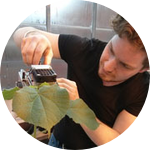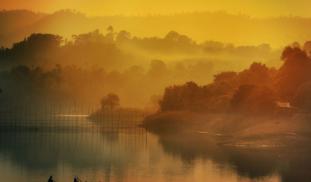Please wait...
About This Project
“Biochar”, or charcoal used as a soil amendment, has been recently heralded in its ability to improve poor soil conditions such as leaching, acidification, and contamination, while directly mitigating climate change by increasing carbon sequestration. We plan to combat climate change using biochar in beautiful Bangladesh, a delta country vulnerable to climate change. We strive to increase productivity across land-use types: primary forests, secondary forests, agroforestry, and agriculture.

Browse Other Projects on Experiment
Related Projects
Worms at Work: Scoping Natural Carbon Sequestration at Scale
For centuries, scientists noted earthworms' exploits as ecosystem engineers. Recent research shows the feasibility...
Whales as oceanographers: Developing multi-sensor tags for improved understanding and management of critical habitats
Limited oceanographic data prevent accurate prediction of whale foraging hotspots. To address this, we will...
Communities perception and monitoring of ocean acidification in the Douala-Edea national park (Cameroon)
This project will help us to evaluate the vulnerability of clam fishing to ocean acidification (OA) in the...




